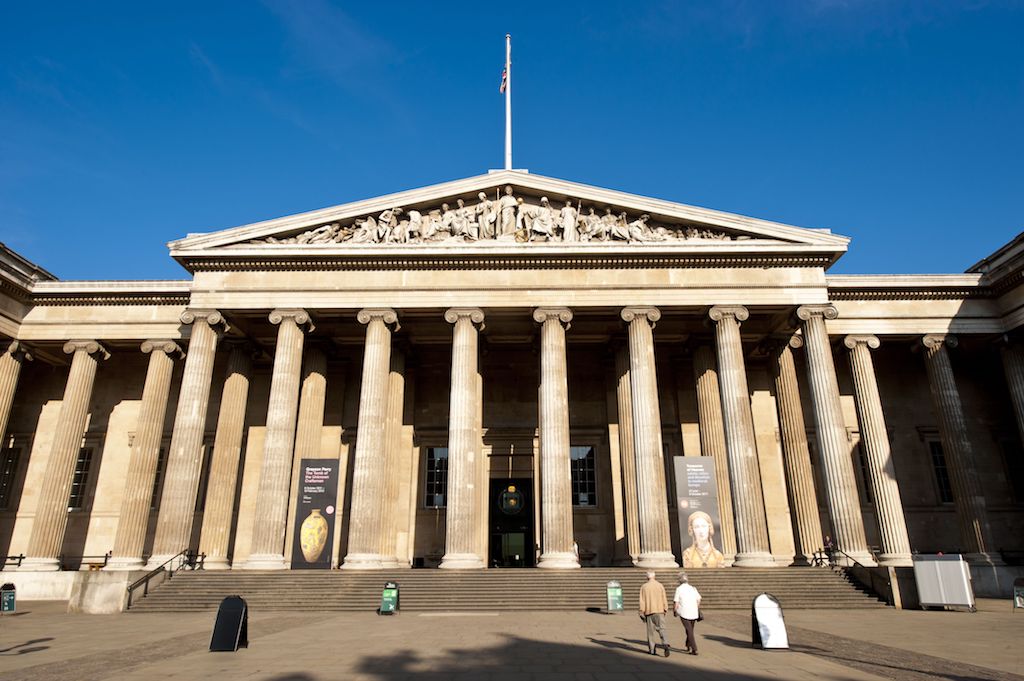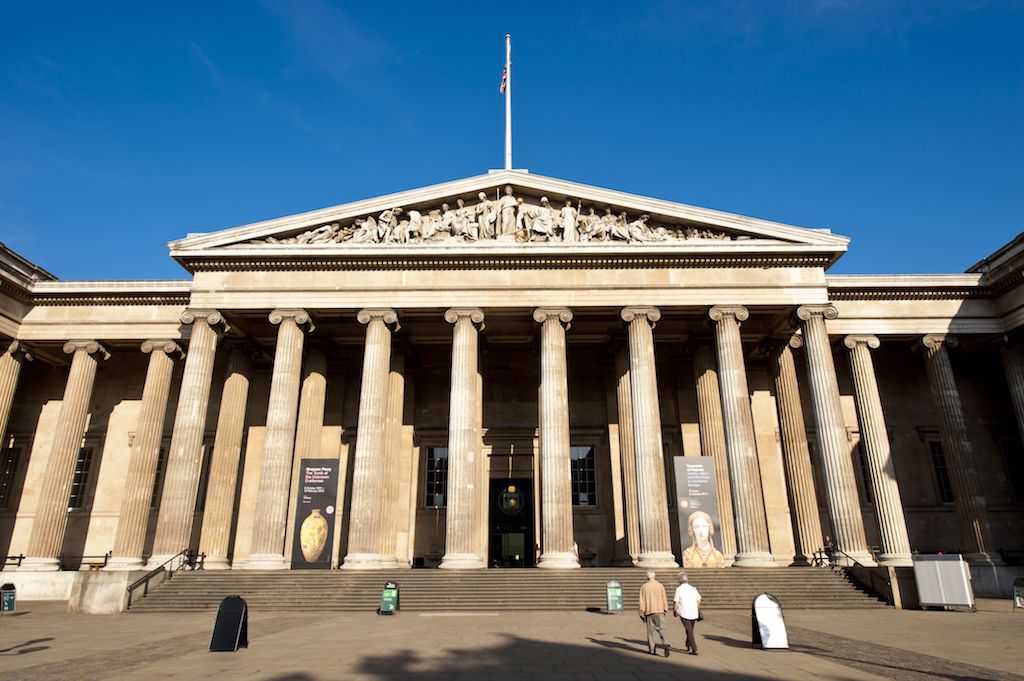[ad_1]

British Museum.
DOSFOTOS/SHUTTERSTOCK
In his new book, Who Owns History? Elgin’s Loot and the Case for Returning Plundered Treasure, human rights lawyer Geoffrey Robertson QC calls on the British Museum in London to return looted objects in its collection to Greece, Easter Island, and Nigeria. He says that the institution displays “pilfered cultural property” and “would be even greater if it washed its hands of the blood and returned Elgin’s loot,” referring to Thomas Bruce, the 7th Earl of Elgin, who took marble sculptures from the Athenian Parthenon in the early 19th-century.
First reported by the Guardian, Robertson also writes that “the trustees of the British Museum have become the world’s largest receivers of stolen property, and the great majority of their loot is not even on public display.”
Together with Amal Clooney and the late law professor Norman Palmer, another outspoken advocate for cultural repatriation, Robertson created a report about the reassembly of the Elgin Marbles—a collection of classical marble sculptures that the British crown purchased from Lord Elgin in 1816—for the Greek government in 2015. He points out that French president Emmanuel Macron “galvanized the debate” with his recommendation last year that French museums return stolen pieces to Africa.
“The Benin bronzes, for example, are art which is important to Africa, but not to the world in the way that the marbles have international resonance. On the other hand, the barbaric manner of the taking of the bronzes amounted to a war crime, which is morally more despicable than Elgin’s theft and duplicity,” Robertson writes.
Robertson’s book also mentions the Metropolitan Museum of Art in New York and the Louvre in Paris, accusing them of “lock[ing] up the precious legacy of other lands, stolen from their people by wars of aggression, theft and duplicity.”
The publication of Who Owns History? Elgin’s Loot and the Case for Returning Plundered Treasure comes on the heels of several related controversies at the British Museum. In July, novelist Ahdaf Soueif resigned from her position as a trustee at the institution, citing its ongoing relationship with the oil giant BP. British Museum director Hartwig Fischer had reaffirmed the BP’s sponsorship of exhibitions at the museum days before Soueif departed her post.
In a statement to ARTnews, Danny Chivers, a member of the activist group BP or Not BP, which has staged protests and unofficial tours at the museum, said, “The British Museum’s failure to face up to its colonial legacy, listen to affected communities and return looted items is part of a wider set of problems within the museum. We have managers and trustees at the top of the museum who believe that having these items on display for visitors in London is more important than delivering justice to post-colonial communities.”
ARTnews has asked the British Museum for comment.
[ad_2]
Source link

